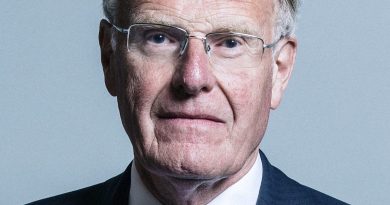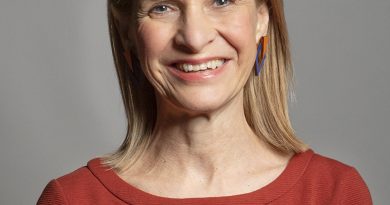Kim Johnson – 2020 Speech on the Parliamentary Constituencies Bill
Below is the text of the speech made by Kim Johnson, the Labour MP for Liverpool Riverside, in the House of Commons on 2 June 2020.
I welcome the opportunity to speak on this important Bill. However, I believe that basing the review on the number of registered electors as of 1 December 2020 will not provide an accurate or up-to-date picture of our current electorate and will have huge implications for cities such as mine with universities. The 1 December 2020 register is the enumeration date for the review, meaning that the size of the electorate on 1 December will be used throughout the new boundary review as the officially recognised size of the current electorate. I believe that that will cause many issues, as the electoral register is likely to be severely impacted by the current crisis. The coronavirus is likely to have a significant effect on the annual canvass, meaning that the registers will be less accurate and complete than other recent registers.
The constituency that I represent—Liverpool, Riverside —has an electorate of almost 73,500 and three universities, with an estimated 70,000 students living in the city. The data proposed is two decades old, but it is estimated that the electorate has increased by at least 2 million since the last boundary changes. There are also widespread concerns that, due to the coronavirus, many students will not return to their universities by December 2020, meaning that thousands of students from across the country will not be registered to vote. This will significantly skew the electoral size of university towns, where the student population is dense. As a result, constituency boundaries will not reflect the true size or make-up of the constituency under normal circumstances.
To conclude, I urge the Government to consider using the December 2019 electoral register as the enumeration date for the review. This would capture a highly representative snapshot of the electorate in the run-up to the 2019 general election. That date would also prevent any delay to the review, thereby allowing new boundaries to be in place for the next general election.



